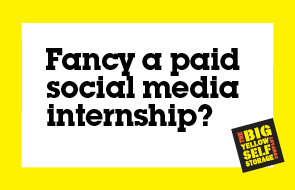Presented by Virginia Miracle, this class offer seriously relevant tips on how to build relationships with different types of bloggers and online influencers.
Virginia, Ogilvy PR, covered how to identify relevant influencers, what to use to get them excited and engaged, and how to make your program last.
For a recent PR grad, this is a valuable video. But even an experienced PR pro will find some interest in this.
Client requests: “I NEED THESE BLOGGERS TO WRITE ABOUT ME!!”
How can you get your client what he wants? Take the Inside-Out Approach –> do not start with targeting, look at these steps:
- What it is you are trying to accomplish? Name what it is, before you start your outreach. Reason such as this one: “everybody else is doing it” is not good enough though.
- Create engagement value. Look at what can these bloggers do for us and what we can do for them => focus on value exchange. Virginia’s big objective: “What is the value we can provide people so they will actually give a crap and want to spend time and energy with us?” Audit your assets = what do you have to offer? A sneak peek, fame, meet their hero, recognition, etc. Virginia uses the example of LifetimeMoms.com where contributors are paid for their content, transparently.
- Identify who we want to talk to: bloggers and other influencers (conversations happen within forums too).
- Design your outreach program in ethical and honest way, build it out of bricks. Virginia emphasizes WOMMA’s Ethics Code, FTC Guidelines, and others.
- Keep up the relationships. Virginia says: “It’s critical you’re regularly talking to them, responding to their needs, and reacting along the way."





